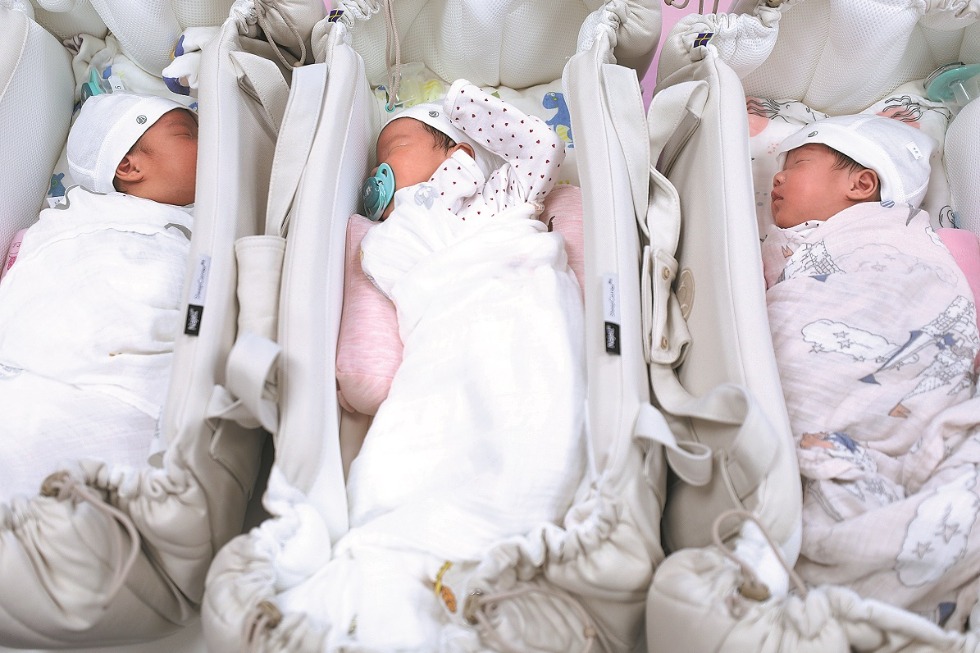Farmers in China's Qinling Mountains embrace a new career
Xinhua | Updated: 2022-07-12 10:32

Since its opening more than two years ago, this 12-room B&B is almost fully booked every weekend and has attracted many regular customers. Among them, a Shanghai couple lived for half a year here last year, and this spring, they came back like migratory birds to continue their stay.
"I came up with the design and decoration of this B&B by watching videos. Every year, new facilities and activities will be added. The more projects I ran, the more I felt I didn't have enough skills," Zhang said, adding that people like him need to constantly accept new knowledge and skills to become competent housekeepers.
The Ministry of Human Resources and Social Security is considering adding 18 new professions to reflect the country's occupational development and boost graduate employment and entrepreneurship. B&B housekeeper is among the new professions.
This industry, which sprouted in the countryside, is becoming an option for more and more Chinese rural laborers and migrant workers to start businesses and find jobs nearby.
Liuba county, with less than 40,000 permanent residents, has promoted 74 people to start B&B businesses. Now, there are 18 B&Bs, offering nearly 200 rooms, and more than a dozen B&Bs will likely open in the next one or two years. So the housekeepers are in dire need here.
In 2021, Liuba county launched a project to train 100 housekeepers in three years. Thanks to a well-known housekeeper training system of a B&B operation brand in China, 60 trainees have passed the examination and obtained the professional qualification of housekeeper, and all of them have found jobs.
"Qualified housekeepers have more advantages in employment. Many of them have already been booked by B&B operators during their training," said Jiang Xuefeng, director of the county's employment and entrepreneurship service center.
Since the establishment of the first B&B in 2016, many local rural workers have acquired new skills and ushered in a new life, driving local consumption of agricultural products and rural revitalization, according to Jiang.
























